One of the funniest things about the human race, is how much time we spend arguing over whether or not things we say qualify as words. In fact, if I were to ask everyone reading this whether or not terms such as “yeet,” “funner,” or even “ain’t” are actual words, there would probably be a considerable margin of disagreement about it. Whether it’s between two groups, two generations, or just two friends, there will always be (and basically always has been) plenty of disagreement and argument over whether something is a word.
But why is this? Why do we argue so much about the validity of words? What is it that makes a word “wordish” enough to be considered a word? Is “wordish” a word?
Oftentimes, when we ask the question “is ______ a word,” what we mean, whether we intend it or not, is “is ______ in the dictionary.” We mean, in one way or another, to ask whether the particular term at hand has been defined either by some authority, or universally enough that it has a common understanding, and the culmination of these two is found in dictionary definitions. But here’s the thing about dictionary definitions is that they change, and they change all the time. Dictionary definitions depend on how native speakers use the word, not the other way around. And that makes sense, because that’s what they exist for! Dictionaries are there so that when you come across a word you’ve never heard before, you can look it up to see what the speaker’s intended meaning was. Every year, there is a contingent of people that complain about the addition of new words like “fantabulous” to the dictionary – in 2020, the words “amirite,” “nothingburger,” “janky,” and “ish” were added to the dictionary, and people were comically furious. But what these people don’t understand is that those words actually need to be in the dictionary for the dictionary to fulfill its purpose. Because if those words are in circulation, then people need to be able to look up what they mean.
The dictionary doesn’t make words. It just defines words that have already existed for a while.
So if by saying “____ isn’t a word,” you mean “____ hasn’t been officially defined,” keep in mind that, if lexicographers (people who make dictionaries) are doing their job right, then the word you’re trying to invalidate will be officially defined soon – if it hasn’t been already – whether you like it or not.
So if authoritative definition doesn’t make a word valid, what does? What makes a word a word?
A word is a word if it’s understood to have a certain meaning, even if that meaning isn’t defined or specific. Take “yeet” for instance. A relatively young word, it’s commonly vaguely understood to have something to do with throwing with great force, whether that refers to the act of throwing, being thrown, or even just flying through the air as something does when it been thrown. It can even just mean “throw” as a noun. Plenty of people, when the word first entered popular culture, resisted it’s existence with an almost admirable dedication. But plenty of the generation that created the word understood its meaning perfectly – even those who couldn’t quite define it! As soon as that was true, even before it was popular, it was a word. This is what makes a word a word. It doesn’t matter if it’s been defined; it doesn’t matter if there’s a standard spelling; it doesn’t even matter if the word is common. All that matters is that one person can use it with another person and they will both understand the meaning.
A word is a word when people understand its meaning.
So I suppose, to answer our question from earlier, yes. “Wordish” is a word, so long as you understood what I meant by it.
All words are made-up. Some are just more commonly understood than others. Shakespeare created 422 new English words throughout the course of his career, and none of them were considered to be real words before he wrote them down. But those words – words like “fashionable,” “addiction,” and “downstairs” are all commonly accepted words in our vocabularies today! That’s how all the words we use every day came to be: somebody made them up, taught them to other people, people started using them, they became normal. So whether or not a word sounds normal to your ears or is commonly accepted or is in the dictionary, remember that it is just as real – and just as made-up – as every other word you use every day.
What language should I learn?
There are many practical obstacles that language learners face on a regular basis. Between figuring out grammatical minutia, finding time to practice, and figuring out how to best retain vocabulary, it's fair to say that there's a lot that any aspiring polyglot has to...

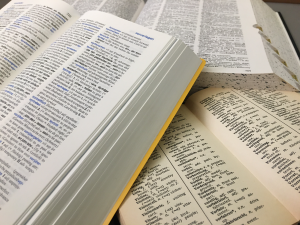
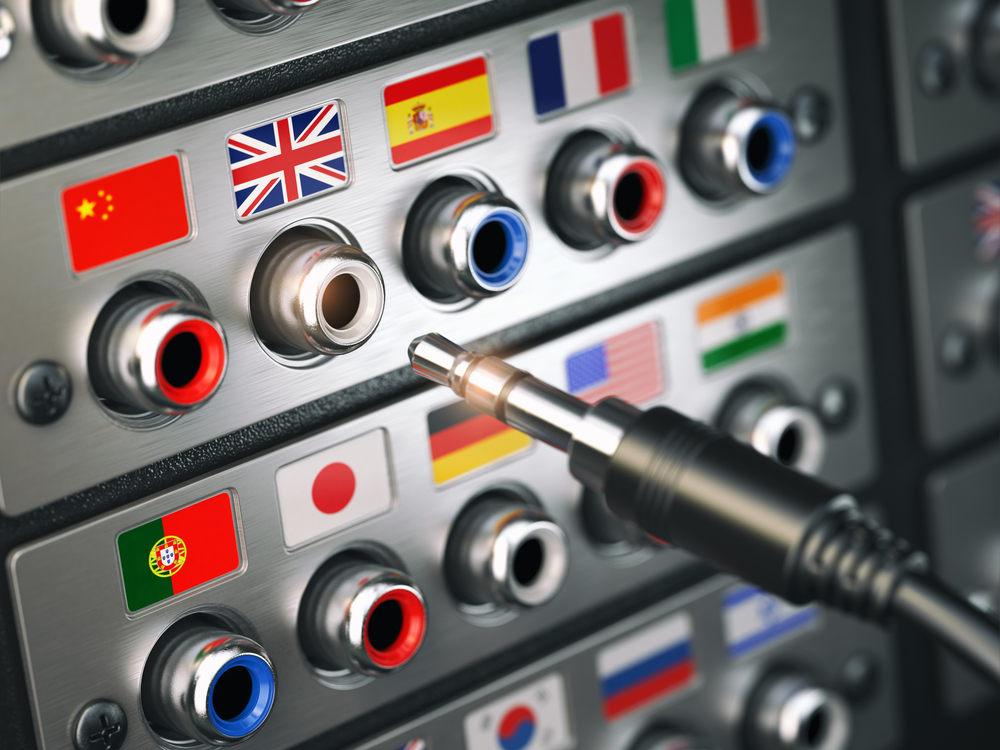

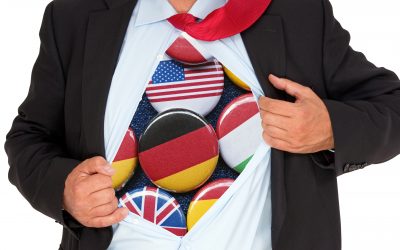
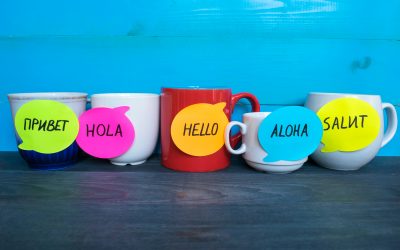
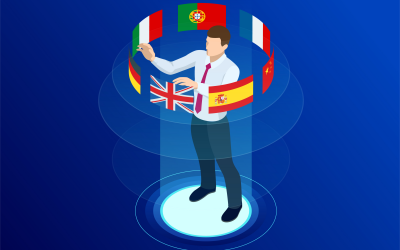

0 Comments